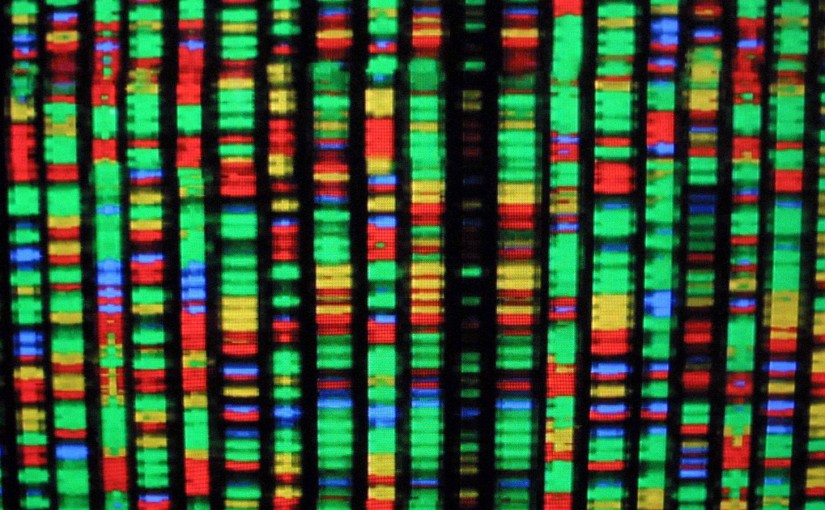Looking at me, you wouldn’t think I have much in common with Hollywood A-lister Angelina Jolie. But you’d be wrong. We both carry a BRCA gene mutation, giving us a high risk of developing the cancers that killed our mothers and grandmothers.
The BRCA1 and BRCA2 human genes normally produce proteins that prevent tumors. But when these genes change, or mutate, they can lose the ability to repair damaged DNA. Women who have inherited these genetic mutations have a much higher risk of developing breast cancer and ovarian cancer. Men also have an increased risk of breast and prostate cancers. And men and women both have a greater chance of getting melanoma and pancreatic cancers.
My mother, grandmother and my mother’s aunt were all diagnosed with breast cancer in their mid-40s. My mother died at 59 of pancreatic cancer. At least eight members of Jolie’s family have been diagnosed with a cancer that’s likely linked to the BRCA1 mutation, including her mother, grandmother and aunt.
At stake is whether people with these genetic mutations will live to see their kids grow up. The good news is that prophylactic surgeries to remove ovaries and breasts can reduce the risk of breast and ovarian cancers by at least 90 percent, according to the National Cancer Institute. That’s better odds than for the general population.
But this kind of preventive surgery is a deeply personal choice. Jolie chronicled her bilateral mastectomy and oophorectomy (ovary removal) in The New York Times. I had my oophorectomy last spring and plan a bilateral mastectomy in the coming months. Women who choose not to remove body parts can still benefit by having frequent screenings, since that increases the odds of early detection.
Hard Choices
People with strong family histories of BRCA-related cancers easily meet insurers’ criteria for covering tests that can cost thousands of dollars.
But what about those whose histories show few signs of the mutation?
Several companies in Silicon Valley are working to make genetic tests a lot more affordable. Color Genomics and Counsyl, for example, offer full gene sequencing of more than two dozen genes at a fraction of the cost. For a mere $250, anyone can be screened by Color Genomics for 30 genes, which can have thousands of known gene mutations. Counsyl’s product costs $350.
“When the test costs thousands of dollars, it’s hard to rationalize wide-scale testing,” says Othman Laraki, president and co-founder of Color Genomics. “But the math on how many people we can test changes if we change the cost in a dramatic way.”
This focus on predicting life-altering illnesses is leading to major breakthroughs in the treatment and early detection of cancer and other diseases. But experts warn that, without proper understanding, such information could cause more harm than good.
Testing For All?
At $250 a pop, these tests aren’t much more expensive than other routine screenings, like Pap smears or mammograms. So why not test everyone? That’s exactly what experts like Mary-Claire King, the geneticist who identified the BRCA1 gene in 1990, believe. She suggests every woman starting at age 30 be screened for genes that may play a role in breast and ovarian cancers.
“The fact that the test is affordable has huge implications for how we screen people,” agrees Pamela Munster, co-director of the Center for BRCA Research with the University of California at San Francisco.
Four years ago, when Munster was diagnosed with breast cancer at age 48, she discovered she carries the BRCA2 mutation. A few months later, her father complained of abdominal pains. It turned out to be pancreatic cancer. He carries the mutation, too.
“If I had never been tested, we might not have put it together,” she says.
But while cheaper genetic testing sounds great, the reality is that genetics is a tricky business. Tests can often reveal what geneticists call “variants of unknown significance.”
“The problem with testing everyone is that not all genetic variations we can find, we know how to interpret,” says Austin. “You can get variations that we simply don’t know what they mean.”
To read the full article by CNET.com on The Clearity Portal, please click here.


